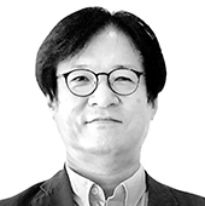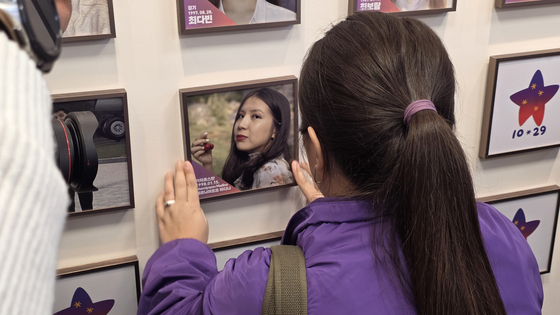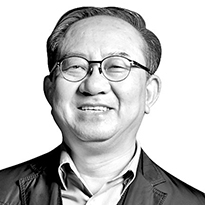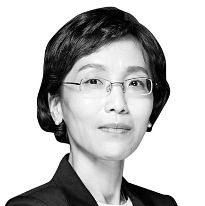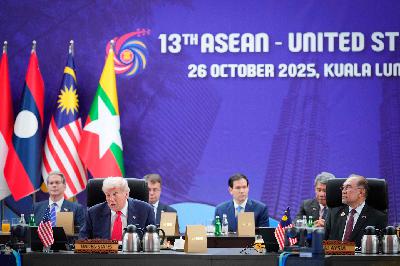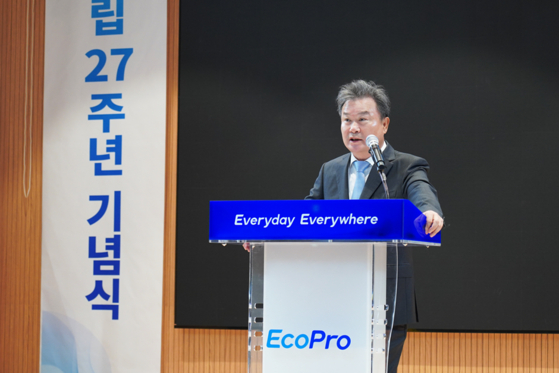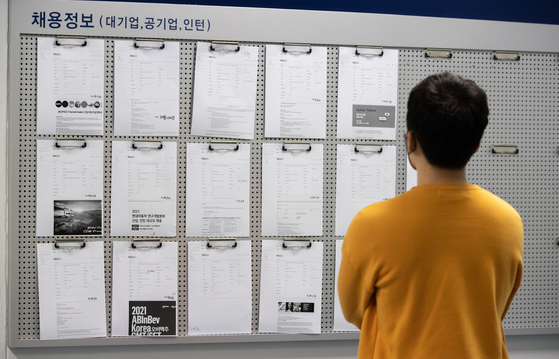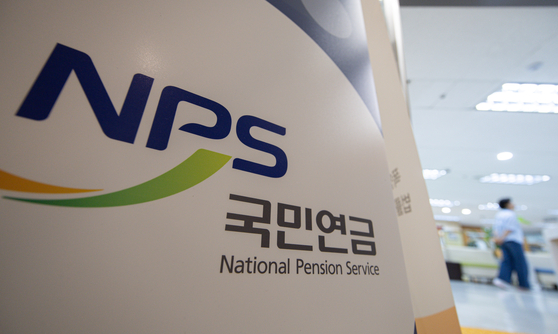Unrestrained power of the National Assembly and the filter bubble
Update: 2025-10-26
Description
Jaung Hoon
The author is an emeritus professor at Chung-Ang University and a columnist at the JoongAng Ilbo.
Washington has no skyscrapers. Hardly any building rises above the white dome of the U.S. Capitol, topped by the Statue of Columbus. Since the revision of the Height of Buildings Act in 1910, which set the limit at 27 meters (88.6 feet), the Capitol has loomed over the city as a symbol of supreme authority.
That same desire to project legislative power now appears in a distorted form in Korea. The National Assembly, in full session, busies itself with scolding government agencies and pressuring the judiciary. The original meaning of "parliament," derived from the French word parler, meaning "to speak," has long vanished. What fills the chamber instead are shouts, reprimands and public humiliation. Only parliamentary sovereignty remains sacred, while the separation of powers continues to erode.
Lawmakers' overreach, I believe, stems partly from an inadvertent alliance between political power and global tech giants - an alliance that has quietly undermined democracy. Today, individuals live inside digital filter bubbles built by companies like Amazon, Google and Meta. Our days are filled with content, videos and shorts tailored by algorithms. Opinions or preferences different from our own rarely reach us. Each person lives within an algorithmic world designed to affirm personal tastes and biases.
This makes it easy for politicians to keep power simply by stimulating their supporters trapped in such bubbles. The more they provoke not only their rivals but even the judiciary, the more their loyal audiences cheer. Through these filter bubbles, Big Tech profits while lawmakers secure their positions, and democracy is left bruised.
The link between Big Tech, filter bubbles and political power deserves closer examination. In 2000, Microsoft topped global market capitalization. Apple took the lead in 2014, followed by Meta, Amazon and Google. The age of behavioral data capitalism - profiting from massive datasets about individuals' daily actions - was fully underway. Tech firms extract revenue from information about what we eat, buy and "like" online. In exchange for free services like Instagram, Facebook and YouTube, users voluntarily hand over the minutiae of their lives. Meta and Amazon sell ads and products based on human behavioral data, while Apple profits from selling the devices that host this digital ecosystem.
Meanwhile, individuals are confined within echo chambers shaped by algorithms. The average Korean spends two to three hours a day on YouTube, yet 70 to 80 percent of what they watch is not self-chosen but algorithmically recommended. Information and news that align with personal leanings dominate the feed; dissenting views disappear. Within the bubble, belief only hardens.
Inside the ruling party's bubble, the proposal to expand the Supreme Court from the current 14 justices to 26 - a plan pushed by the Democratic Party - draws uncritical applause. Some voices have even called for raising the number to 36. Debate vanishes, replaced by shorts attacking the judiciary. Lawmakers leading these reforms are merely performing for their supporters locked inside their own bubbles, not engaging ordinary citizens. Democracy weakens in the process.
Big Tech is not alone in tightening its grip on data. The Korean government, too, has become what could be called a "data-hungry state," collecting extensive information on citizens' biological, economic and social activities - far beyond what most liberal democracies gather. During the height of the pandemic, authorities tracked individuals' movements through smartphones and telecom data, recording where people went, who they met and how long they stayed.
The fire last month at the National Information Resources Service in Daejeon served as a stark warning of what can happen when a data-driven state fails to protect its systems. With vital digital services - such as electr...
Comments
In Channel

